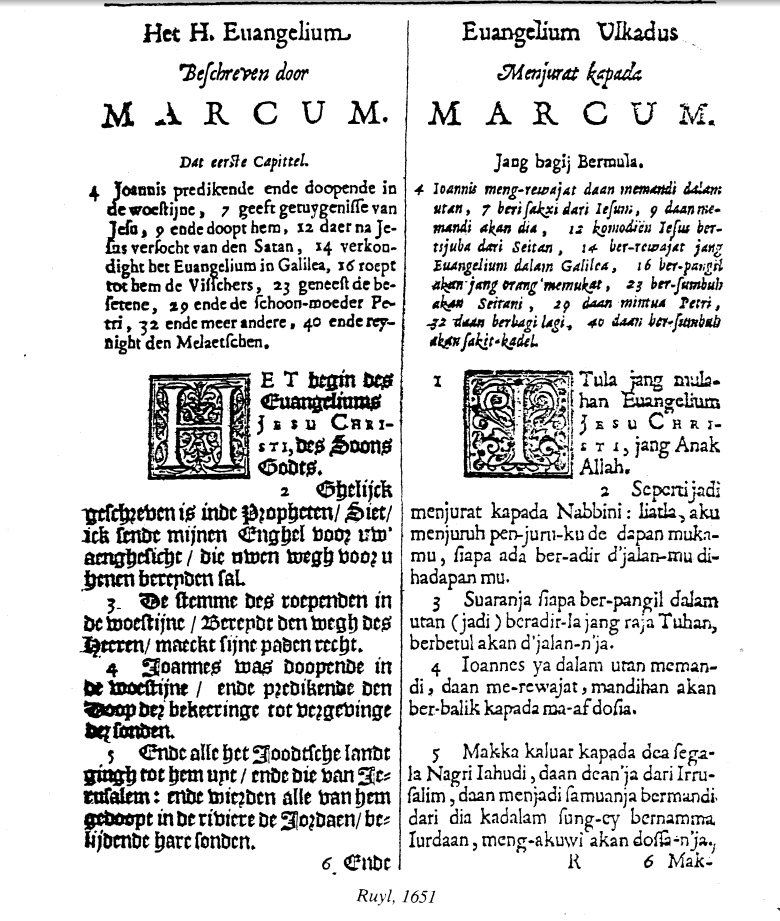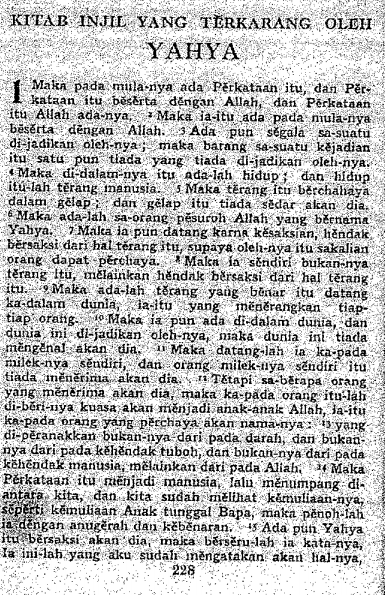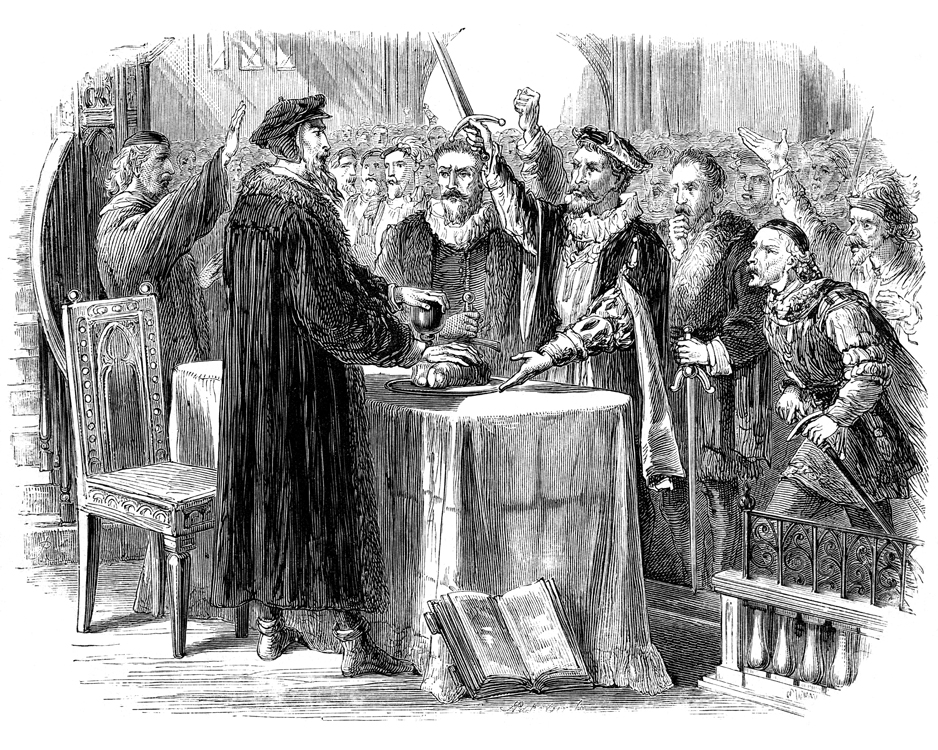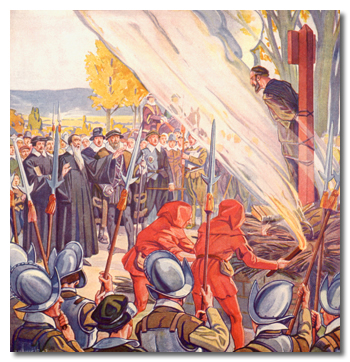A tribute to R.C. Sproul who has just gone to glory.
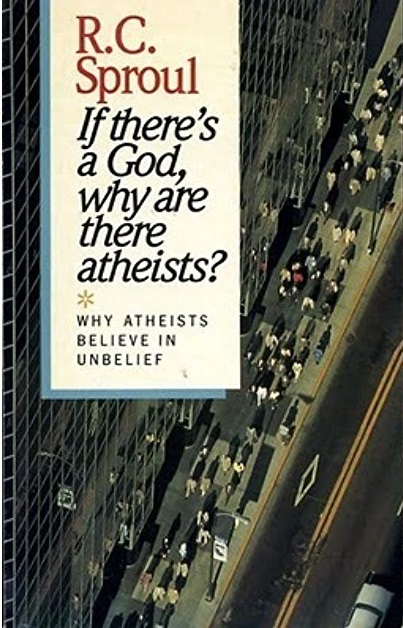
The popular idea of God as an invention of weak-minded people desperately looking for an emotional crutch to help them cope with wretched reality was developed with erudition and sophistication by the three patron-gods of modern atheism, Friedrich Nietzsche Karl Marx and Sigmund Freud. For example, Freud regarded religious ideas as “illusions, fulfillments of the oldest, strongest and most urgent wishes of mankind. . . .As we already know, the terrifying impression of helplessness in childhood aroused the need for protection — for protection through love — which was provided by the father…. Thus the benevolent rule of a divine Providence allays our fear of the danger of life. [Sigmund Freud, The Future of an Illusion (Norton, 1927, 1961), p. 30]
Freud theorized that religion must have evolved from animism to monotheism. The impersonal forces of nature are remote and unpredictable. Hence, nature must be conceived as animated by divine powers who resemble human beings. These powers may be malevolent, but since they behave like humans, we at least know how to deal with them. Religion then progressed from simple animism to complex monotheism which culminates with God as a benevolent Father figure.
R.C. Sproul sets out to refute this popular critique of Christianity. First, Freud is mistaken when he argues that the personal is more comforting than the impersonal, which is the reason why humans ‘populate’ nature with many deities. Continue reading “The Psychology of Atheism: From Gaze to Glory. Part 1/2”

